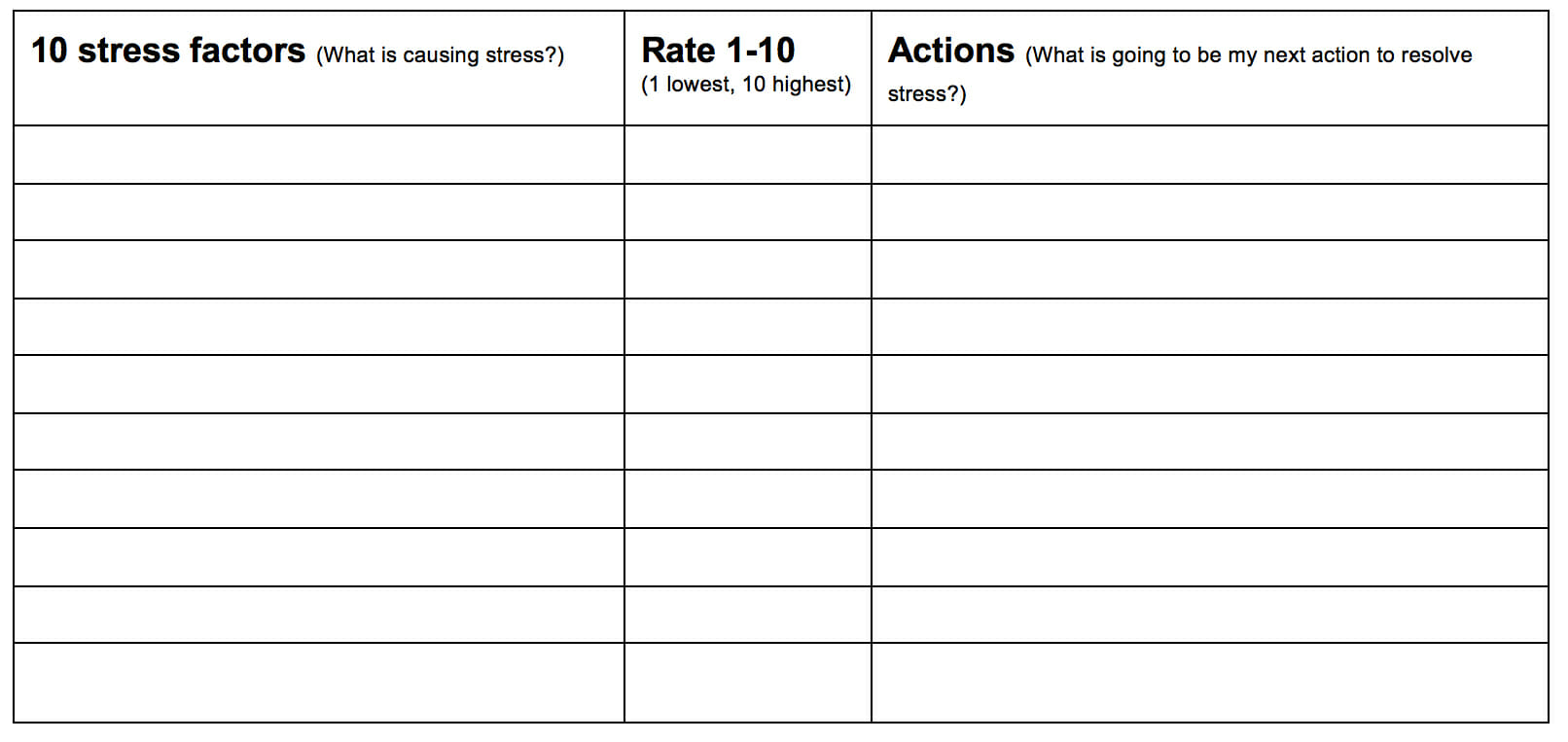
Over the past few months, the airline industry has gone from pilot and mechanic shortages to extreme overstaffing. This turnaround was sharp and dramatic. Pilots, flight attendants and A&Ps are facing a harsh, undeserved reality. Their colleagues, or even themselves, may be furloughed.
A furlough can be an emotional rollercoaster. When being furloughed, it might feel as if your world were collapsing. Besides the loss of stability, structure, lifestyle, and colleagues, the sense of social utility and identity can be strongly affected. When dealing with grief, feelings of anger, sadness and frustration are common. Everyone experiences loss in their own way.
Grief is a term often linked to the loss of a loved one, but it is equally applicable to losing a job. The different stages of grief in the Kubler-Ross grief cycle can also be experienced when it comes to important life changes, such as a furlough. Understanding and applying the stages of grief on oneself, colleague, or spouse can help process the emotions that come with a furlough.
The following are the Kubler-Ross five stages of grief:
Stage 1: Denial
During the first phase, denial, it is difficult for one to face the dismissal. Denial can be the conscious or unconscious refusal to face reality. It is a natural form of self-protection. It helps determine at what rate the grief is allowed. This phase usually manifests itself through avoidance, confusion, shock, and fear.
Stage 2: Anger
When the truth is faced, anger occurs. In this phase, these angry feelings may be projected onto the boss or company who have failed them. It is also possible that the blame is passed onto colleagues. Anger helps in the grieving process since the feelings of guilt and grief are suppressed by focusing on the anger that comes with blame. Feelings of anxiety, frustration, irritation, and thoughts of revenge can occur during this phase.
Stage 3: Bargaining
At this stage, attempts are made to negotiate. One can try to deal with the loss of work by setting goals or making promises. For example, bargaining can be done by applying for myriad jobs or setting extremely high personal goals. During this phase, it might be difficult to find meaning, and it is particularly important to reach out to others for support.
Stage 4: Depression
When reality sets in, some may go into depression or show symptoms of stress. When one begins to accept reality, feelings of sadness, regret, fear, and insecurity emerge. Losses from the past resurface and one may need to express their sadness repeatedly. Underneath the sadness, feelings of anger remain. Suppressed anger is often a crucial cause of depression. Other feelings that might occur during this phase are helplessness, overwhelmedness and hostility.
Stage 5: Acceptance
Having had enough time to process the loss and go through the mentioned stages, it is possible to start accepting reality. It is time to let go. Letting go is not the same as forgetting. It is giving the loss a place in life and moving on. Only after acceptance can come a new perspective, actively moving forward, exploring options, and making new plans.
Strategies for dealing with a furlough
1. Share your Story
Telling the story in detail is important to help process what happened and provides relief. Sharing the story is a crucial step in becoming aware of what happened and to move on in the grieving process.
- Tell the story of what happened to your partner and family. Sharing your story helps to deal realistically with the loss. Ask for support to help bring order to the overwhelming situation;
- Tell the story to someone else. Talk to someone who is likely to ask questions, listen and help you reflect on your story for new insights.
- Tell yourself by writing in a journal or an email to yourself.
2. List Concerns
Telling the story is one thing, but what is the most stressful in this situation? Make a list of ten things that cause you stress. Then rate these factors from 1 – 10 to indicate what you experience as most stressful. Think about how this stress factor can be reduced and add that in the third column. If needed, ask someone to help you.
3. Dealing with Emotions
In a loss situation, feelings of sadness, anger or fear are normal reactions. These reactions can be overwhelming and it is important to acknowledge and recognize these emotions. Suppressing feelings can aggravate them and lead to higher anxiety, depression and anger issues, often without knowing why. It is crucial to becoming aware of existing emotions. Without naming them, there is no way of knowing what causes them and why, nor how to cope.
Awareness
- Write down/ think about what makes it difficult to deal with this situation.
- Write down/ think about what emotion you are feeling at this moment.
- Give it a number. How much you are bothered by this emotion; what number would you be (1 lowest – 10 highest)?
- Think about where in the body that emotion is felt.
- Describe your behavior in a particular situation when feeling the emotion.
- Do you want to feel it, or do you prefer to ignore it?
- Is the emotion so strong that it keeps you worried?
- Does this feeling occur in other situations? When?
- What productive behaviors could help you feel better?
- What do you do with the emotion afterward?

Anger
Turn the anger into exercise. It can help eliminate the anger by kickboxing, playing tennis, going for a run, weightlifting, or other energetic outlets.
Sadness
Do not suppress it. Find someone who will listen, offers a shoulder and acknowledges your pain.
Fear
When experiencing feelings of fear and insecurity, feeling safe in your environment is essential.
- Make sure you feel safe at home.
- Visit family and friends who make you feel supported and safe.
- Participate in activities that you feel comfortable with.
4. Focus on the Future
Focusing on the future can help you stay physically and mentally healthy. In order to reach this goal, it is important to take good care of yourself.
Routine
Work ensures a structure and routine in life. Now that this has changed, it is important to keep or bring structure to your life. Try to maintain normal morning and evening routines, like reading the news with morning coffee if that is something that you are accustomed to doing. Keeping routines helps you feel productive and provides a sense of purpose.
To-do lists
Make a to-do list in which it is easy to keep track of what you want to do in the morning, afternoon, and evening. Writing the list before going to sleep can help start the next day with goals. Start doing this daily and eventually try to schedule a few days or a week. Check off what has been accomplished. Leaving enough time in your daily schedule helps to make time to relax and to sort things out.
Productive habits
- Set an alarm and get up on time, even if you do not feel like it.
- Follow your usual morning routine.
- Take care of personal hygiene.
- Drink enough water during the day (15 cups a day).
- Eat healthily.
- Exercise.
- Plan activities in advance that you can look forward to.
- Pick up old, or new, hobbies or interests.
- Make time for social activities.
- Relax, listen to music and/or get a massage.
Final note
Do not hesitate to seek professional help when you feel stuck or cannot deal with the loss alone. Grief therapy can help provide insights into where the anger and sadness reside within you and initiate processing. Consider consulting a mental health professional to help you navigate your way through this difficult time. It is an investment for now and for the longer term.






















































